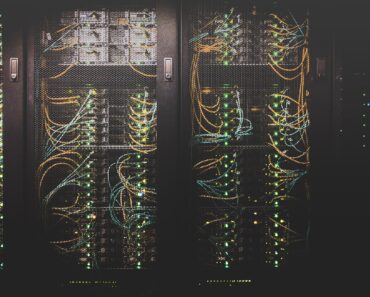Science, engineering, technology, and economics are all interconnected fields that have a significant impact on society, the environment, and the global economy. These fields influence each other in various ways and are essential for the development of new products, services, and innovations. In this article, we will discuss the relationship between science, engineering, technology, and economics and how they influence each other.
Science is the study of the natural world, including physical and biological phenomena. It involves systematic observation, experimentation, and analysis of data to develop theories and models that explain how the universe works. Scientific discoveries have had a profound impact on human civilization, from the invention of the wheel to the development of modern medicine.
Engineering, on the other hand, is the application of scientific knowledge to design and build structures, machines, systems, and processes that solve problems and improve the quality of life. Engineers use the principles of science to create practical solutions to real-world problems.
Technology is the application of scientific knowledge to create tools, techniques, and machines that enable people to do things more efficiently and effectively. It includes everything from smartphones and laptops to sophisticated medical equipment and space shuttles.
Economics is the study of how individuals, businesses, and governments allocate resources to meet their needs and wants. It is concerned with the production, distribution, and consumption of goods and services and how they affect the economy as a whole.
The relationship between science, engineering, technology, and economics is complex and multi-faceted. For example, scientific discoveries often lead to new engineering designs and technological innovations that can revolutionize entire industries. The development of the internet, for example, was made possible by scientific breakthroughs in computer science and engineering.
Engineering and technology, in turn, provide the tools and techniques needed to apply scientific knowledge to real-world problems. The development of new medical treatments, for example, requires the use of advanced engineering and technology to create equipment that can diagnose and treat diseases.
Economics plays a crucial role in all of these fields, as it provides the framework for understanding how these innovations impact the economy as a whole. For example, the introduction of new technology can disrupt entire industries, creating new opportunities for businesses to innovate and grow. However, it can also lead to job losses and economic dislocation for those who are unable to adapt.
The relationship between these fields is also influenced by policy decisions made by governments and other organizations. For example, governments may provide funding for scientific research to develop new technologies, or they may create regulations that require businesses to invest in cleaner technologies to reduce their environmental impact.
In conclusion, the relationship between science, engineering, technology, and economics is complex and multifaceted. These fields are all essential for the development of new products, services, and innovations that improve our lives and drive economic growth. They influence each other in various ways and are essential for creating a sustainable future for ourselves and future generations. Understanding this relationship is crucial for policymakers, businesses, and individuals who want to make informed decisions about how to invest in the future.






